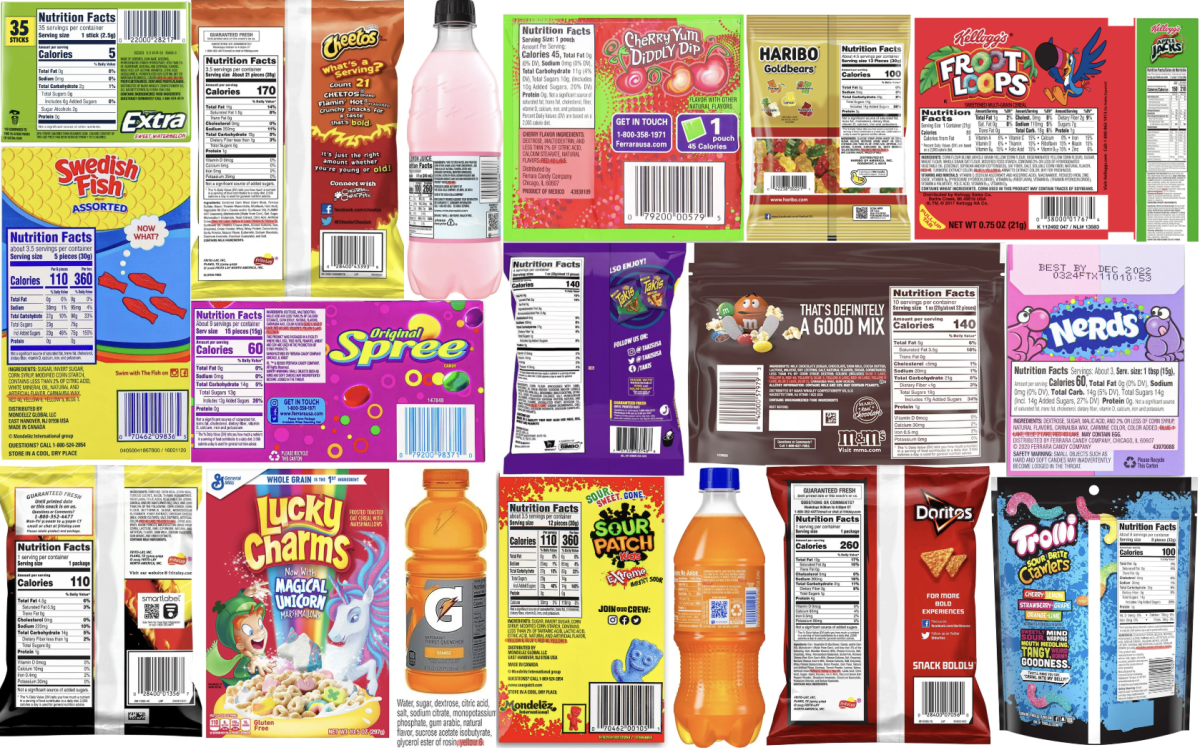In late August, students at the Village High School were outraged to discover that the widely acclaimed energy drink, Celsius, was taken out of the school store. Why were they so angry? Well, celsius’s variety of fruity flavors and energizing caffeine made it a beloved favorite that wakes students up in the morning. With AP classes, IB classes, and extracurriculars as long as your arm, students find themselves overworked and overwhelmed, without enough time to get a full eight hours of sleep. Understandably, students need an energy boost throughout the day. Removing Celsius from the Campus Store was a clear mistake because of the long-lasting effects it will have on students like constant drowsiness and low energy levels. Simply put, we can’t expect high schoolers to perform at the level they are without a little Celsius boost.
Standing at a whopping 200 mg of caffeine, Celsius is distinguished by its bright bottles and large doses of caffeine – the issue? The bottle recommends this product for consumers over 18 years of age. “So, Celsius, we pulled out because it is a high-energy drink or high caffeine compound,” said David Randolph, managing director at The Village School, “actually it is not for students or children under 18 years of age.” Of course, there’s a limit to how much caffeine a student should have, but a school that offers rigorous coursework and high academic expectations shouldn’t cut off caffeine or energy boosts, regardless of the age limit. One can argue that 5-6 hours of sleep for children under the age of 18 isn’t healthy either, yet that’s the norm for a top student. Instead of removing the brand completely, different products from the line that include a smaller dosage of caffeine could be included. For example, Celsius BCAA, although generally used as a post-workout energy drink, has 100 mg less caffeine than normal Celsius and essentially all of the same flavors. Red Bull has 80 mg of caffeine, also very close to being 100 mg less than your average Celsius, even though it’s not sold at the school store. These all still fit Columbia University’s recommended amount of caffeine for high school students – 100 mg (Columbia University Irving Medical Center).
Celsius is what the students want. Of course, there are other drinks in the school store with an equal amount of caffeine, what’s the only difference? Sugar. Caffeine Finder, a website listing caffeine in just about every drink, says that Dunkin’ Bottled Coffee and La Columbe Cold Brew sit just 20mg under the amount Celsius has, 180mg of caffeine. In his article in the Columbia University Irving Medical Center, David Buchholz, M.D., says that the problem starts when caffeine is mixed with sugar. “Caffeinated drinks that contain sugar, cream, and chocolate can limit a child’s appetite for healthy foods and beverages, cause dental cavities, increase obesity, and have all the side effects associated with caffeine,” says Buchholz. So let’s look: Celsius has 200mg of caffeine and zero grams of sugar. Dunkin’ Bottled Coffee, which is sold and frequently bought at the school store, has 171 mg of caffeine and 39 grams of sugar. Based on all this research, which one is more detrimental to a student’s health? The host of sugary drinks, snacks and lack of healthy dietary food options at the school store aren’t healthy for students either, but we still see new candies and sodas in the school store every week.
Nurse Jordana Travakoli, the registered nurse at the Village School Campus, who arguably understands the health of students here on campus better than anyone, dives into her take on caffeine for kids. “I have an eighth grader. I think some caffeine is okay in small amounts. I think some of these energy drinks that we have are not well regulated and have far, far too much caffeine.” Cross-referencing this with Columbia University’s Medical Journal, no child over 12 should have more than 100mg of caffeine a day. “It can actually damage heart valves. I also think it can set up kids for sleep issues, especially because if you’re not used to caffeine, you could have trouble going to sleep, and then you’re going to have trouble waking up in the morning,” says Travakoli.
One of the core reasons why caffeine is so dangerous for children, is that they’re not used to so much at a time – so why not fix this? Why don’t we start selling drinks with reduced caffeine and reduced sugar? They could start with Celsius BCAA, or other low-caffeine drinks like Red Bull and Zevia Energy – and progress to Celsius in the future once students themselves are confident they have a tolerance. If the faculty wants to keep Celsius out of the school store that badly, why not offer alternatives in its place? Alternative energy drinks, not coffees with heaps of sugar like the ones already offered. I would have loved for Celsius to stay in the school store, as I’m sure many others would too, but if it really must go, we have to be the ones to search for a substitute and take the initiative to bring it to the campus store.
References
Bottled iced coffee Dunkin’ Donuts. Caffeine Informer. (n.d.). https://www.caffeineinformer.com/caffeine-content/iced-coffee-bottled-dunkin
Caffeine and kids. Columbia University Irving Medical Center. (2022, August 3). https://www.cuimc.columbia.edu/news/caffeine-and-kids
Essential facts. Celsius. (2023, May 11). https://www.celsius.com/essential-facts/








